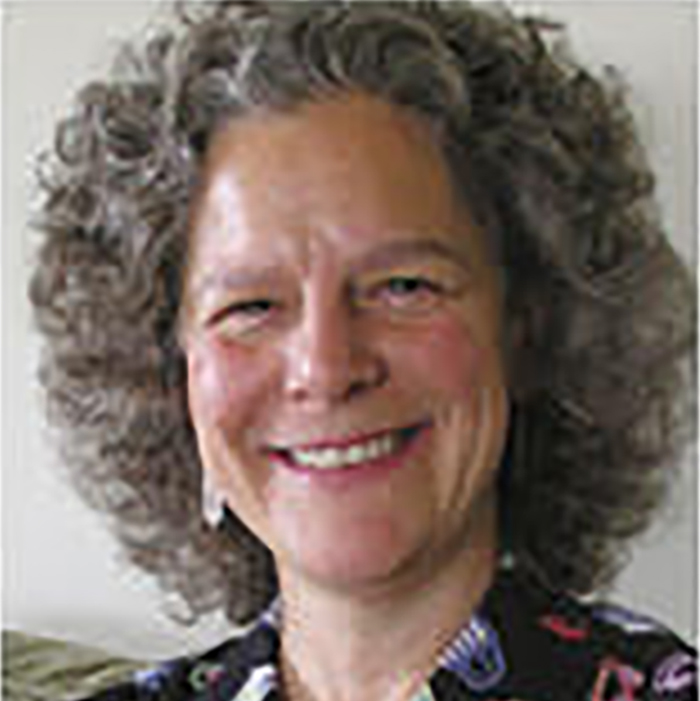When I was an undergraduate, I loved Firestone Library. I spent many hours wandering among the stacks, which were completely open at the time. It was the largest library I had ever seen, and – as a kid who loved books – it was like an oversized treasure chest. As a senior, with a carrel in Firestone in which I could write my thesis, I was thoroughly delighted. My own space in the place I loved most on campus!
A pivotal moment in my life occurred when I arrived in India as an exchange student in 1968. I had applied to the American Field Service as a public high school student, imagining that if I were lucky enough to be selected for this scholarship program, I would have the opportunity to go to some place in Western Europe. I was extremely happy to be chosen and completely shocked to find that my placement would be in Hyderabad, India. It changed my life to see a world that was so different from the one in which I had been raised (just outside New York City), to be the only American that most of my classmates in India had ever met, and to experience living in another family with a different religious background, different foods, different daily practices. In some ways, this exchange student experience prepared me more for arriving at Princeton in the Fall of 1969 than any other experience of my life. Both were very different worlds for me – being in India gave me the resilience and open-mindedness I needed to make Princeton a home for myself.
I enjoyed my time at Princeton, though it was challenging. As the first women on campus, there were many difficulties for us. We were very few in number, for instance, which made each of us stand out in a way that for most of us was quite unfamiliar. My only referent was being the only American that most of my Indian classmates had ever met. I went to a coeducational, diverse public high school in which there was nothing about me sociologically that was unusual. With 3200 male students and 160 female students, just being female made each of us stand out at Princeton.
My reaction to there being difficulties for the women on campus was to get involved in trying to change our campus environment so that it became more hospitable for its new female students. I am glad, for example, that I participated in student government, in campus-wide governmental changes, and in helping to establish a women’s center. I was also a Resident Advisor. These activities gave me a sense of efficacy at Princeton. They served me well in the years to come. They helped me to believe in our power to facilitate change – which was an important foundation for my future life as a clinical psychologist and psychoanalyst.
